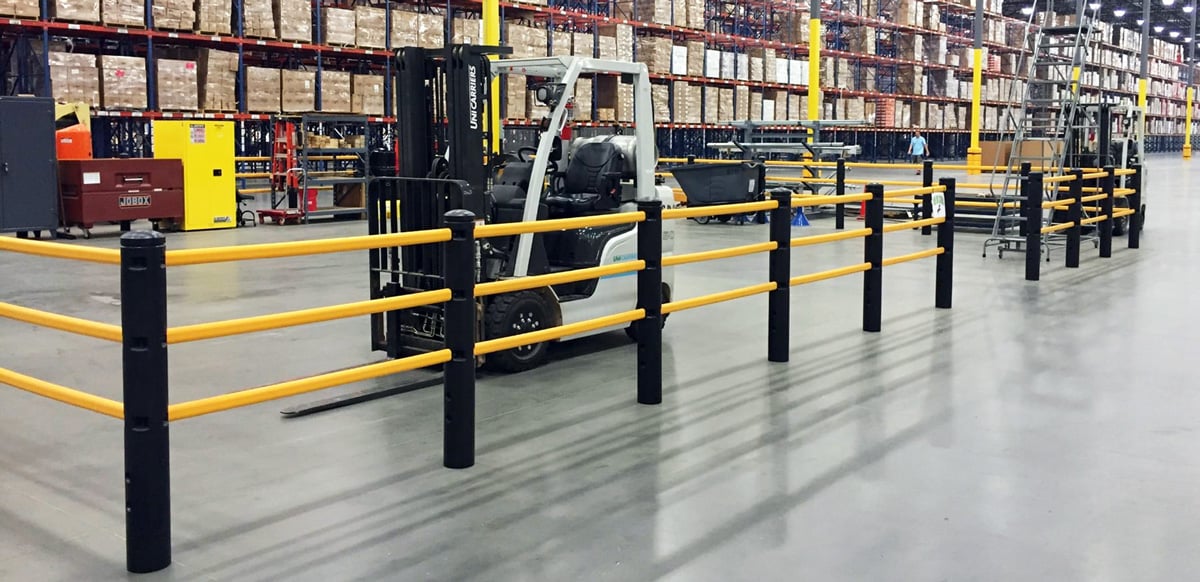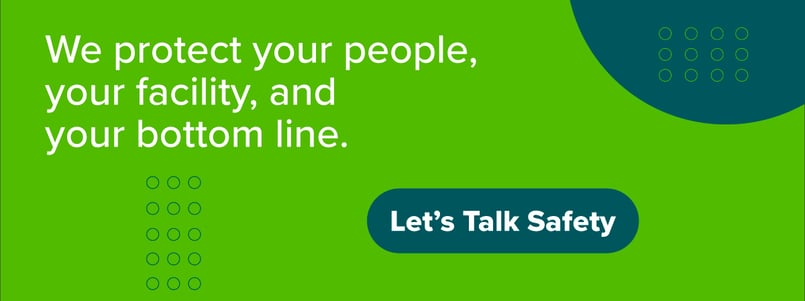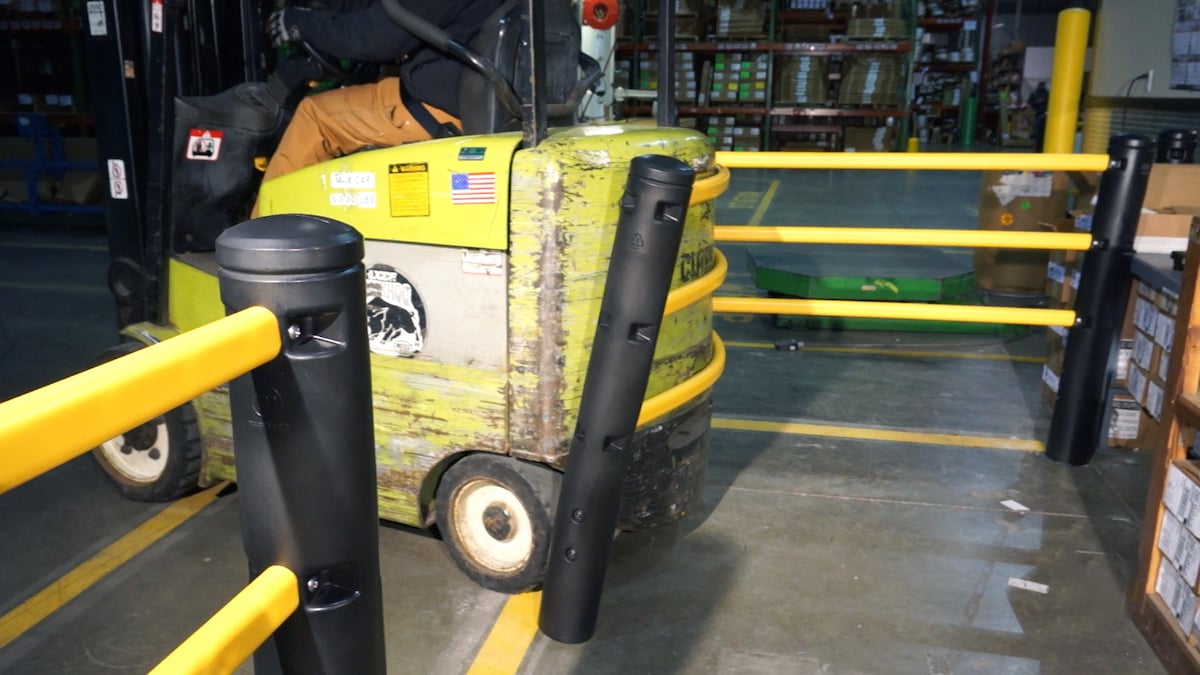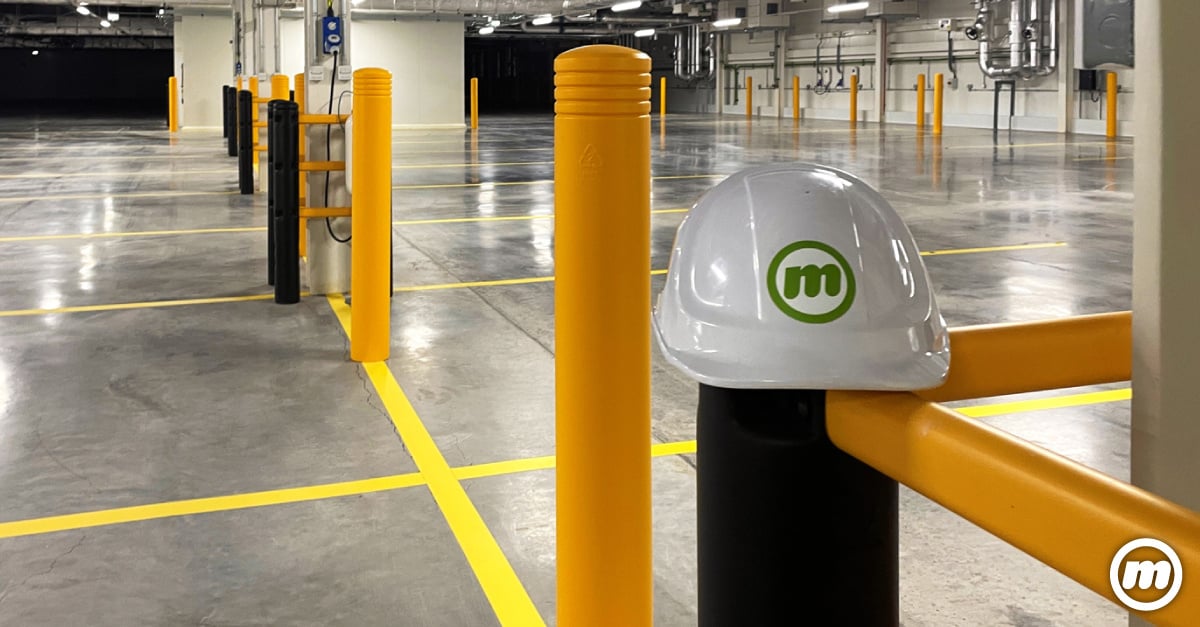The distribution industry comes with many hazards. In fact, OSHA says the rate of fatal injuries is higher than in other industries.
Learn the risks — and always make safety the centerpiece of your operations!
General OSHA Safety Guidelines for Warehouses
For warehouse workers’ general safety, OSHA offers the following general guidelines:
- Ensure your warehouse is well ventilated
- Implement proper lockout/tag-out procedures
- Block off exposed or open loading dock doors and any area where an employee could fall more than four feet
- Clear floors, aisles, and surfaces of any hazards that could cause trips, slips, or falls
- Train employees on how to work safely in both hot and cold conditions
- Teach new employees proper ergonomics—for general use and specific tasks
- Make sure employees who perform physical tasks receive periodic rest breaks
- Consider proper work practices when determining how long it takes for an employee to complete a task
Common Warehouse Safety Hazards and How to Avoid Them
Along with the general safety guidelines, OSHA lists common warehouse citations and their solutions, including:
Forklifts
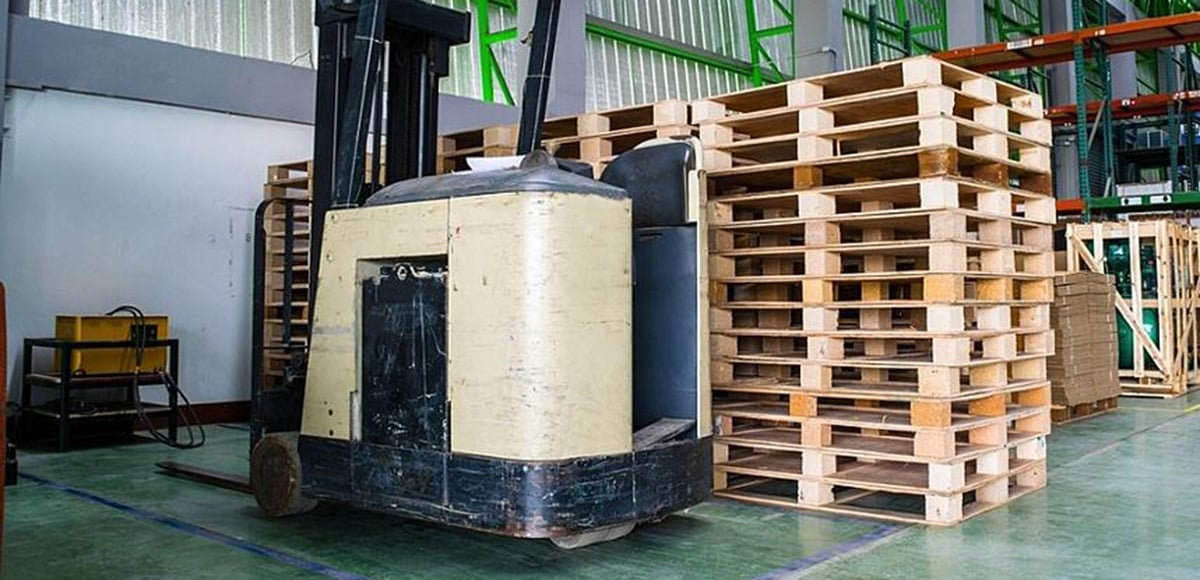
Forklift accidents are one of the most common issues in distribution centers. Not only are they a frequently-cited OSHA violation, but unprotected forklifts can mean accidents and, in worst-case scenarios, injuries.
Keep your people safe by implementing these solutions:
-
Train and certify forklift operators
-
Establish safe operating procedures
-
Install Industrial Safety Barriers to protect your people
What's separating your workforce from heavy machinery? Choose impact-tested safety barriers to keep your people safe from forklifts and other industrial machinery.
Hazard Communication
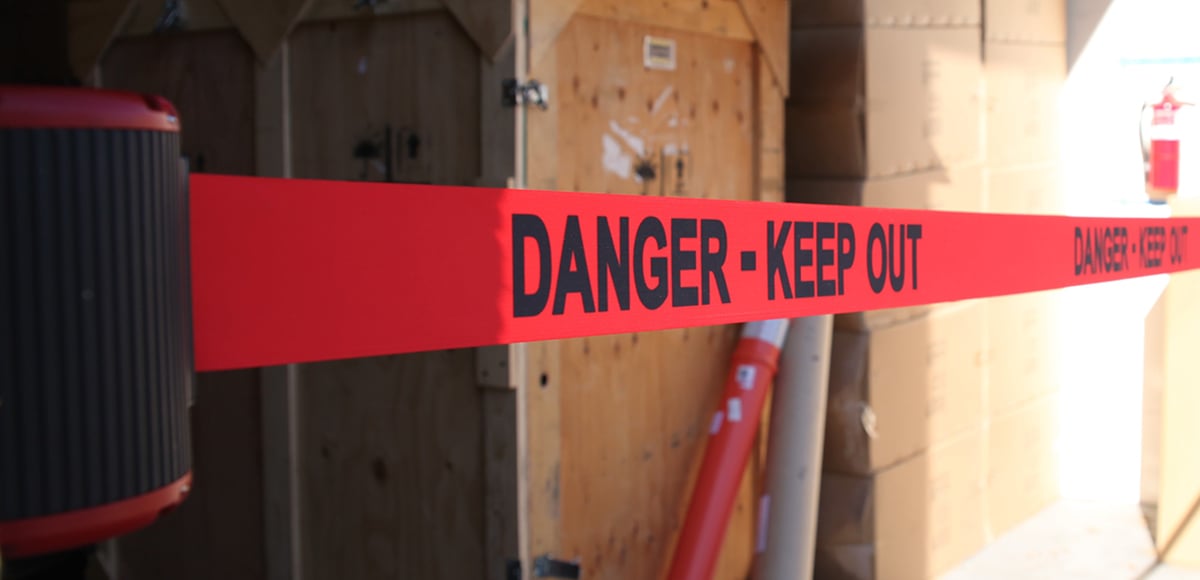
When accidents happen, you need to quickly and effectively communicate them with your employees.
Ensure proper training on hazardous substances and how to store them, and establish protocols and quick hazard communication to keep your people safe.
Keep your people protected:
-
Maintain a Material Data Safety Sheet (MSDS) -
Teach employees the risks of chemicals and how to properly store them
Electric Wiring Methods
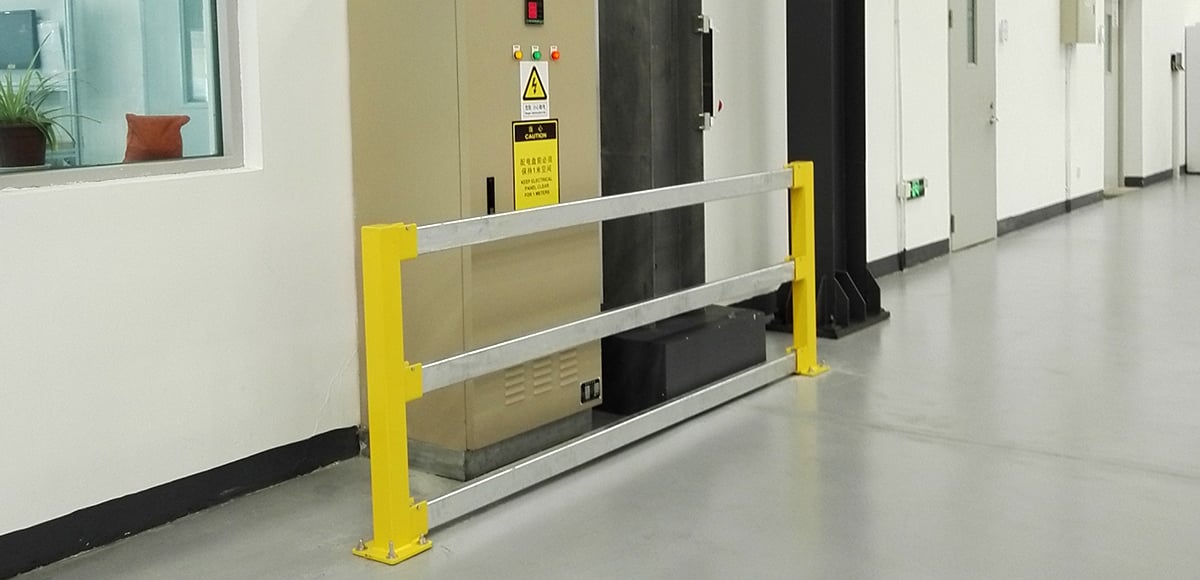
Electric wiring is another commonly cited OSHA violation. The first step is ensuring proper grounding and circuiting to prevent fires and electrical hazards.
Try these solutions:
-
Provide ground fault circuit interrupters - Implement an assured equipment grounding conductor program
The next step is protecting your vital electrical wiring. Protect your vital systems with Industrial Safety Barriers like Systems Protector. Systems Protector stops runaway pallets, stock carts, and forklifts from crashing into your electrical, fire safety, refrigeration, and IT systems.
Respiratory Problems

Protect the health of your employees. Proper respiratory equipment ensures employees won't breathe in any potentially harmful toxins.
Put in the time to ensure that each employee understands the precautions and how to properly care for their PPE.
Follow these practices:
-
Supply employees with personal protective equipment (PPE) -
Train employees on how to care for their PPE
Fall Hazards
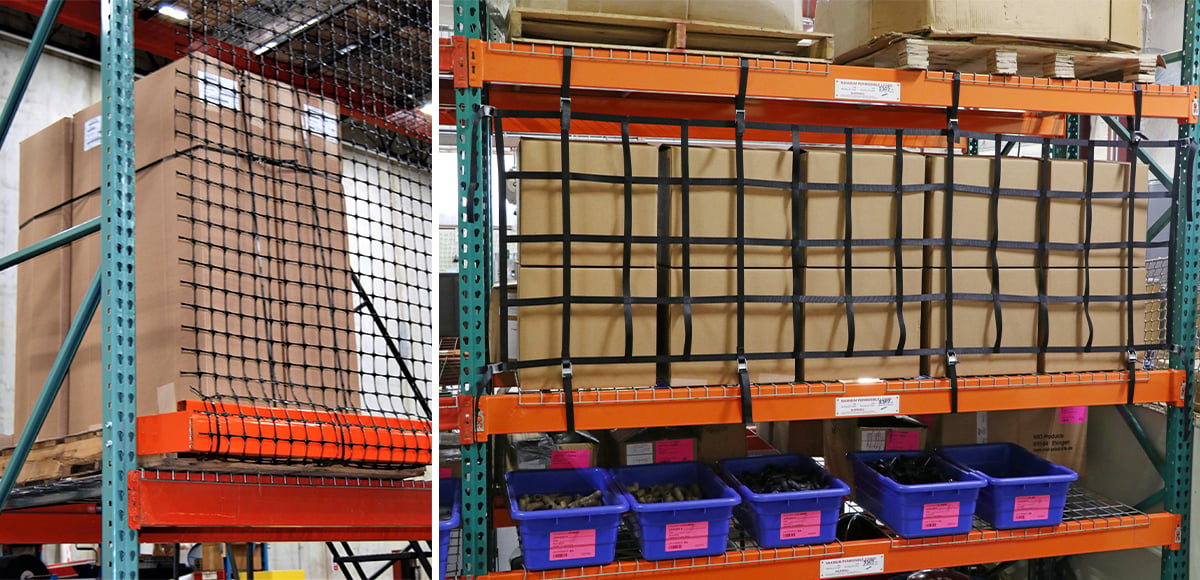
Falling items can mean damaged goods and potential injuries to anyone walking beneath the fall zone. Prevent accidents and injuries with proper safety barriers that prevent and protect against falling.
Try these solutions:
-
Install a “fall restraint” system, like guardrails and railings -
Install a “fall arrest” system, like safety nets
McCue Can Help You Create a Safer Workplace
McCue offers material handling products for distribution centers that can withstand the toughest conditions.
Contact us to learn more and check out our blog to see examples of McCue products in action!
Want to learn even more?
Follow the Occupational Safety and Health Administration’s (OSHA) warehouse safety guidelines to ensure your warehouse is taking the proper precautions to keep your people safe.
For a complete list of hazards and their solutions, check out OSHA’s pocket guide to warehousing.
Sources:
OSHA: https://www.osha.gov/Publications/3220_Warehouse.pdf
About: http://logistics.about.com/od/qualityinthesupplychain/a/warehouse_safe.htm


